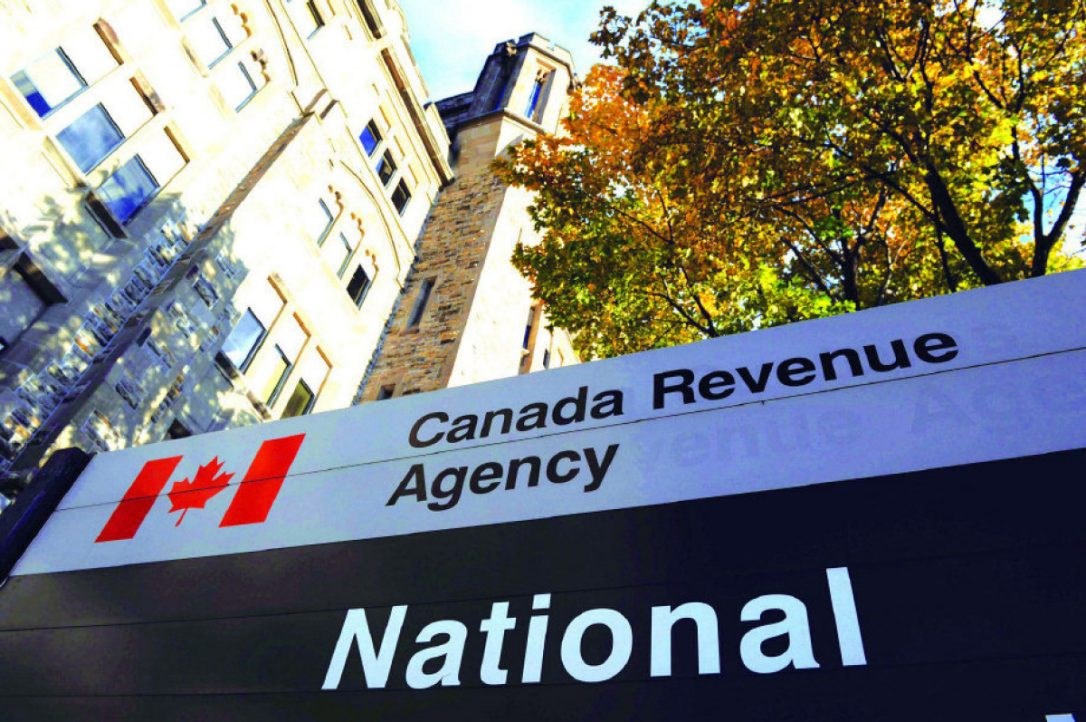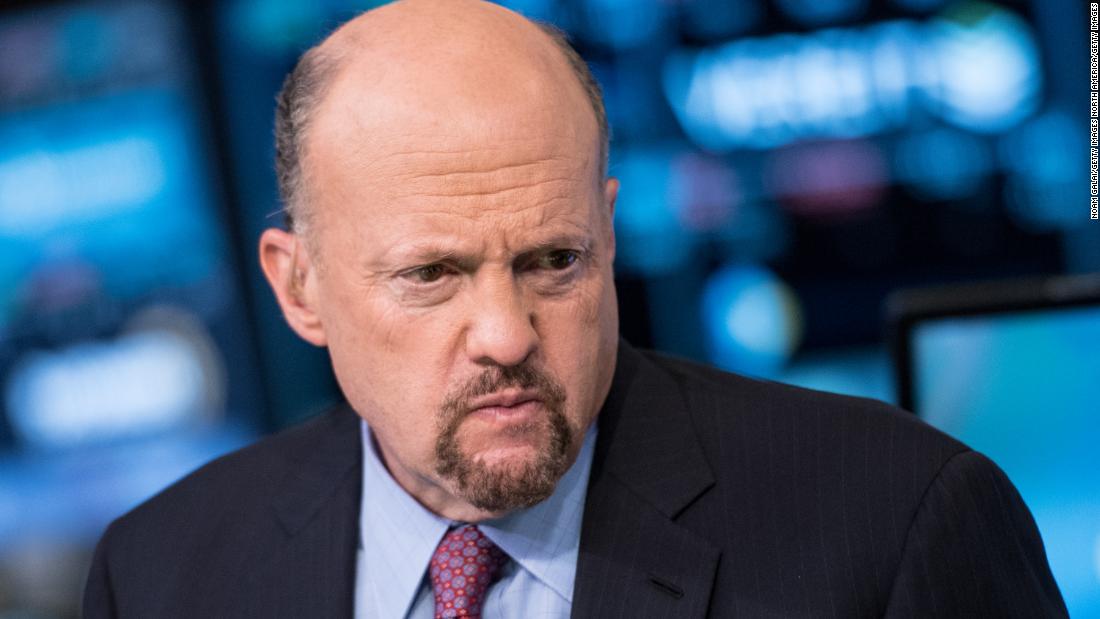Severe Cuts on the Horizon
Prime Minister Mark Carney"s ambitious promise to balance the operating budget could trigger the "worst spending cuts in modern history," warns a new report from the Canadian Centre for Policy Alternatives. Economist David Macdonald"s analysis reveals that Carney"s plan, which hinges on achieving $13 billion in "productivity" savings, could lead to a staggering 24% reduction in federal public service staffing.
Impact on Essential Services
Macdonald paints a grim picture: calling the Canada Revenue Agency (CRA) may yield no answer, and passport renewals could take an eternity. These aren"t just numbers on a spreadsheet; they represent real people struggling to access services that are essential for daily life. The implications of such cuts are dire for working-class Canadians who rely on these services for support.

Does the CRA phone you? - Richmond News
Historical Context of Cuts
The potential cuts could exceed those seen during the tenure of former Prime Minister Stephen Harper, whose government implemented the Deficit Reduction Action Plan (DRAP) that cut public service jobs by around 10%. Comparatively, Carney"s proposed cuts rival those executed under Paul Martin and Jean Chrétien"s government, which saw reductions of approximately 20%. As reported by the Parliamentary Budget Officer Yves Giroux, the ramifications of Carney"s fiscal strategy could be devastating for public servants.
Contradictory Promises
During the election, Carney assured voters that he would cap the size of the public service without cutting it. However, this claim appears increasingly inconsistent with his budgetary goals. Macdonald"s report explicitly states that achieving the necessary savings will likely require substantial layoffs or service reductions that contradict the Prime Minister"s assurances.

Non-profit helps people start food gardens
Technological Efficiency vs. Human Employment
Carney"s plan includes a push towards technology, with promises to utilize artificial intelligence (AI) to enhance government efficiency. However, Macdonald argues that the projected savings from cutting external consultants—estimated at around $1.2 billion—pale in comparison to the $13 billion needed. If the government relies on AI to replace jobs, Canadians could face a future where automated systems handle inquiries, further disenfranchising workers and eroding job security.
Political Maneuvering and Lack of Transparency
As preparations for a dramatic overhaul of federal government services seem to be underway, the lack of transparency poses a significant concern. Macdonald points out that the details surrounding the cuts may remain vague, a strategy often employed to mitigate backlash against austerity measures. With the recent appointment of Toronto MP Evan Solomon as the Minister of Artificial Intelligence, the government is signaling a commitment to technology-driven reforms that threaten to sideline public servants.
As Carney"s administration gears up for a budget reveal later this year, the potential for deep cuts to public services looms large. The question remains: will Canadians accept a system that prioritizes budget balance over workers" rights and essential services?







![[Video] Gunfire between Iraqi security forces and Sadr militias in Baghdad](/_next/image?url=%2Fapi%2Fimage%2Fthumbnails%2Fthumbnail-1768343508874-4redb-thumbnail.jpg&w=3840&q=75)
